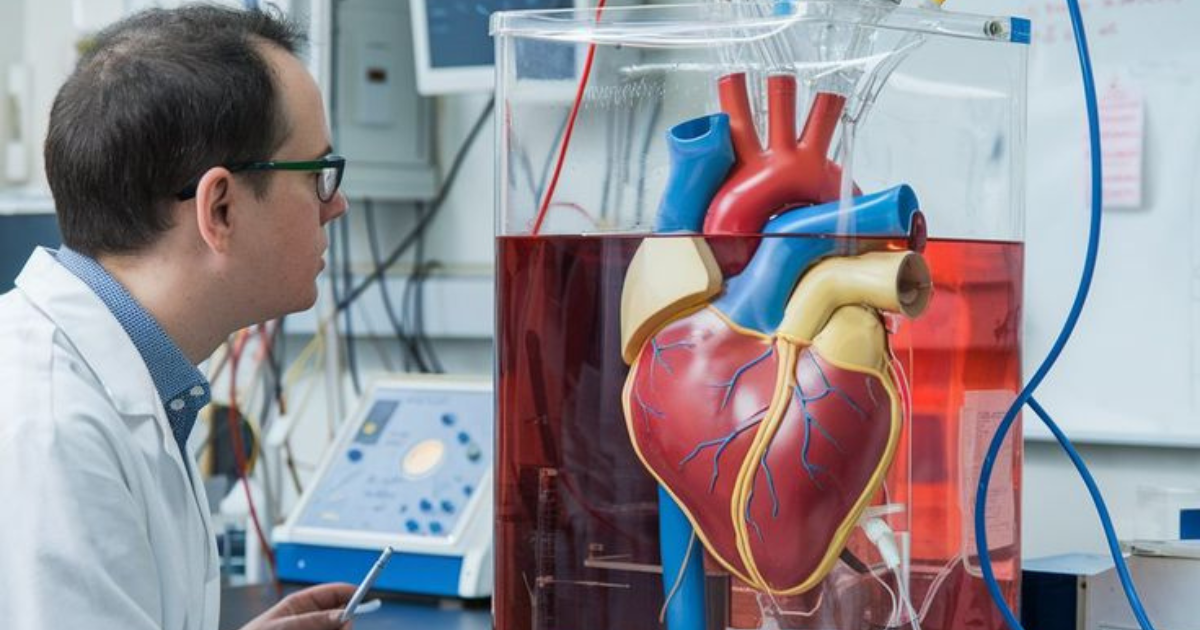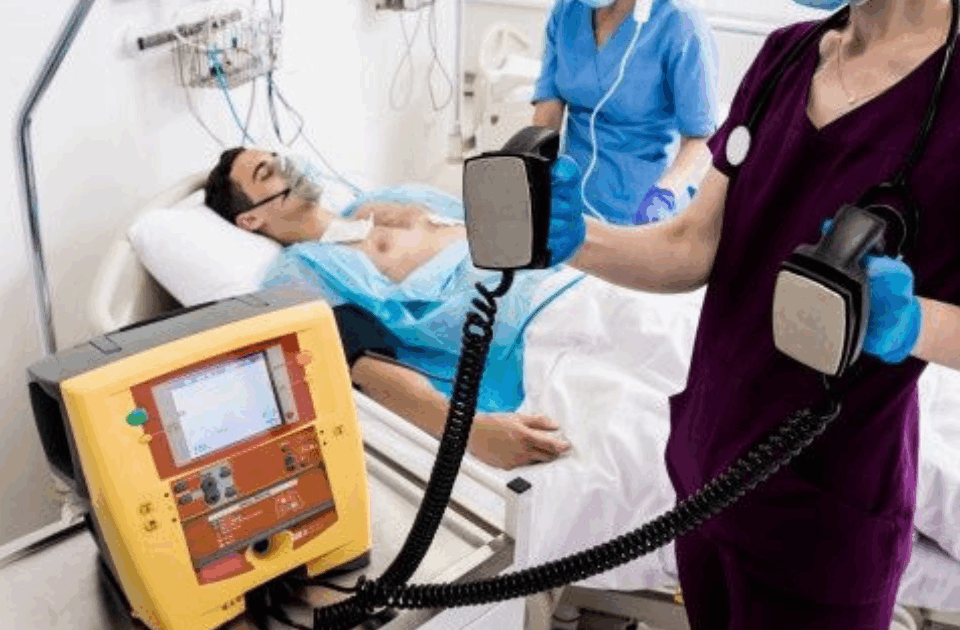
The Role of a Healthy Lifestyle in Preventing Heart Disease: Novocare’s Cardiology Guide
September 12, 2025
The Future of Cardiac Care at Novocare Hospital: Innovations and Technologies
September 12, 2025Introduction
Coronary artery disease is a leading cause of heart attacks worldwide, caused by the narrowing or blockage of coronary arteries. Angioplasty is a life-saving procedure that restores healthy blood flow to the heart, improving patient outcomes and preventing serious complications.
Novocare Hospital provides state-of-the-art angioplasty services guided by expert cardiologists, advanced equipment, and a patient-centered care approach. This article offers a comprehensive guide to angioplasty at Novocare, including procedure details, benefits, recovery, FAQs, and preventive care tips.
1. Understanding Angioplasty
Angioplasty, also known as percutaneous coronary intervention (PCI), is a minimally invasive procedure used to open blocked or narrowed coronary arteries.
| Type of Angioplasty | Description | Patient Benefit |
|---|---|---|
| Balloon Angioplasty | Inflates a balloon to widen the artery | Restores blood flow without open surgery |
| Stent Placement | Small mesh tube inserted to keep artery open | Prevents future blockages |
| Drug-Eluting Stents | Coated stents to prevent re-narrowing | Reduces risk of restenosis |
| Rotational Atherectomy | Removes calcified plaque | Improves artery elasticity and blood flow |
2. Who Needs Angioplasty?
Novocare cardiologists recommend angioplasty for patients with:
| Condition | Symptoms / Indicators |
|---|---|
| Coronary artery blockage | Chest pain, shortness of breath |
| Heart attack (Acute MI) | Severe chest pressure, sweating, nausea |
| Chronic angina | Pain during physical activity |
| High-risk patients | Multiple risk factors: diabetes, hypertension |
Early detection and intervention greatly improve success rates and minimize complications.
3. The Angioplasty Procedure
Step-by-Step Overview
- Pre-Procedure Assessment
- Blood tests, ECG, coronary angiography
- Review of medical history and risk factors
- Preparation
- Local anesthesia, IV sedation
- Sterile access via wrist or groin
- Balloon Inflation & Stent Placement
- Catheter navigated to the blocked artery
- Balloon inflates to compress plaque
- Stent deployed to keep artery open
- Post-Procedure Care
- Observation in cardiac ICU
- Monitoring of heart rhythm and vitals
- Recovery & Lifestyle Counseling
- Diet, exercise, and medication guidance
- Scheduled follow-ups and cardiac rehabilitation
| Step | Purpose | Outcome |
|---|---|---|
| Pre-Procedure Assessment | Evaluate patient condition | Safe and effective procedure |
| Catheter Navigation | Access and reach blocked artery | Accurate stent placement |
| Balloon Inflation / Stent | Open artery and maintain blood flow | Restored oxygen supply to heart tissue |
| Post-Procedure Monitoring | Detect complications early | Reduced risk of adverse events |
| Lifestyle Counseling | Educate patient for long-term health | Prevents recurrence of artery blockages |
4. Benefits of Angioplasty
| Benefit | Explanation |
|---|---|
| Minimally Invasive | Smaller incisions, less pain, faster recovery |
| Quick Recovery | Most patients resume normal activities within days |
| Effective Symptom Relief | Reduces angina and shortness of breath |
| Prevents Heart Attack | Restores blood flow and reduces cardiac risk |
| Long-Term Heart Health | Drug-eluting stents reduce recurrence |
5. Recovery and Post-Procedure Care
Novocare ensures patients receive personalized recovery plans:
| Care Aspect | Details | Patient Benefit |
|---|---|---|
| Cardiac Rehabilitation | Supervised exercise and activity | Strengthens heart and improves endurance |
| Medication Management | Antiplatelets, statins, beta-blockers | Prevents stent blockage and heart attacks |
| Dietary Guidance | Low sodium, low cholesterol diet | Supports healthy arteries |
| Telecardiology Monitoring | Remote ECG and vital tracking | Early detection of complications |
| Lifestyle Coaching | Exercise, smoking cessation, stress reduction | Long-term heart health |
6. Innovations at Novocare Angioplasty Unit
Novocare integrates cutting-edge technology to improve procedure safety and outcomes:
| Technology | Function | Benefit |
|---|---|---|
| 3D Coronary Imaging | Visualizes arteries in detail | Improves stent placement accuracy |
| Drug-Eluting Stents | Releases medication to prevent re-blockage | Reduces restenosis rates |
| Robotic-Assisted Catheterization | Precision-guided stent deployment | Minimizes human error, enhances success |
| AI Risk Assessment | Predicts patient complications | Prepares team for immediate interventions |
7. 15+ FAQs About Angioplasty at Novocare
1. What is angioplasty?
A minimally invasive procedure to open blocked coronary arteries.
2. Who is a candidate?
Patients with coronary artery disease, angina, or heart attacks.
3. How long does the procedure take?
Typically 1-2 hours.
4. Is it painful?
Local anesthesia and sedation minimize discomfort.
5. What is a stent?
A small mesh tube that keeps arteries open.
6. What are drug-eluting stents?
Stents coated with medication to prevent re-narrowing.
7. How soon can I return to work?
Most patients resume light activity within 1 week.
8. Are there risks?
Minor risks include bleeding, infection, or artery damage; Novocare’s experts minimize complications.
9. Do I need medications after angioplasty?
Yes, antiplatelets, statins, and heart medications are usually prescribed.
10. How is recovery monitored?
Through cardiac rehab, follow-ups, and telecardiology.
11. Can angioplasty prevent heart attacks?
Yes, by restoring blood flow and reducing artery blockage.
12. Are there alternatives to angioplasty?
Medication, lifestyle changes, or coronary artery bypass surgery if needed.
13. Is angioplasty safe for elderly patients?
Yes, minimally invasive approach reduces risk for older adults.
14. How effective is angioplasty long-term?
With lifestyle management and medication, it has high success rates.
15. Does Novocare provide post-procedure guidance?
Yes, with diet, exercise, medication adherence, and monitoring.
16. How is Novocare’s angioplasty unit advanced?
With AI, robotic-assisted procedures, 3D imaging, and expert cardiologists.
Expert Conclusion
Novocare’s angioplasty services represent a fusion of advanced technology, expert care, and patient-focused recovery. According to Novocare cardiologists, angioplasty is not just a procedure—it is a life-saving intervention that restores healthy blood flow, relieves symptoms, and reduces future cardiac risk. Through minimally invasive techniques, post-procedure monitoring, and lifestyle guidance, Novocare ensures patients achieve the best possible outcomes for long-term heart health.


